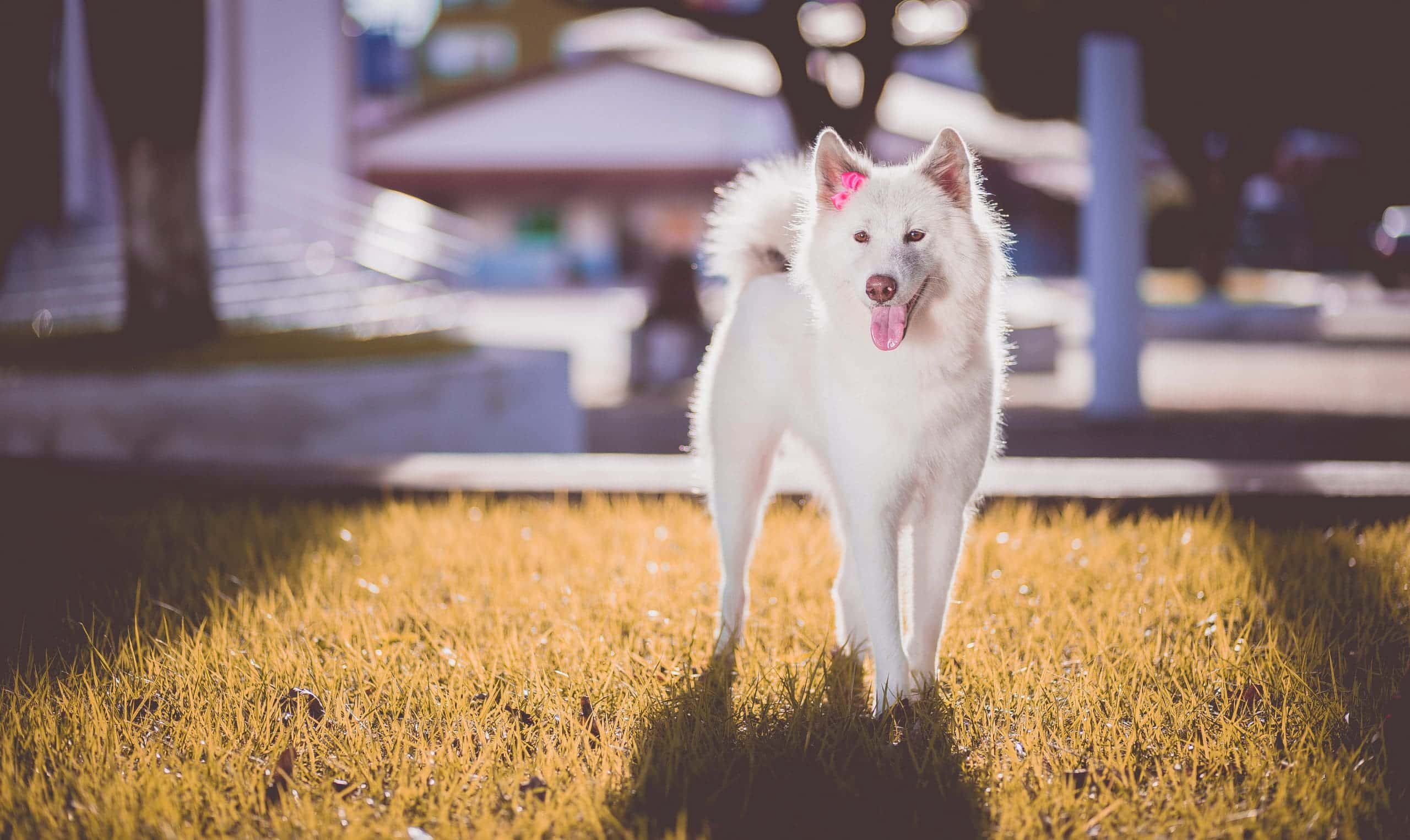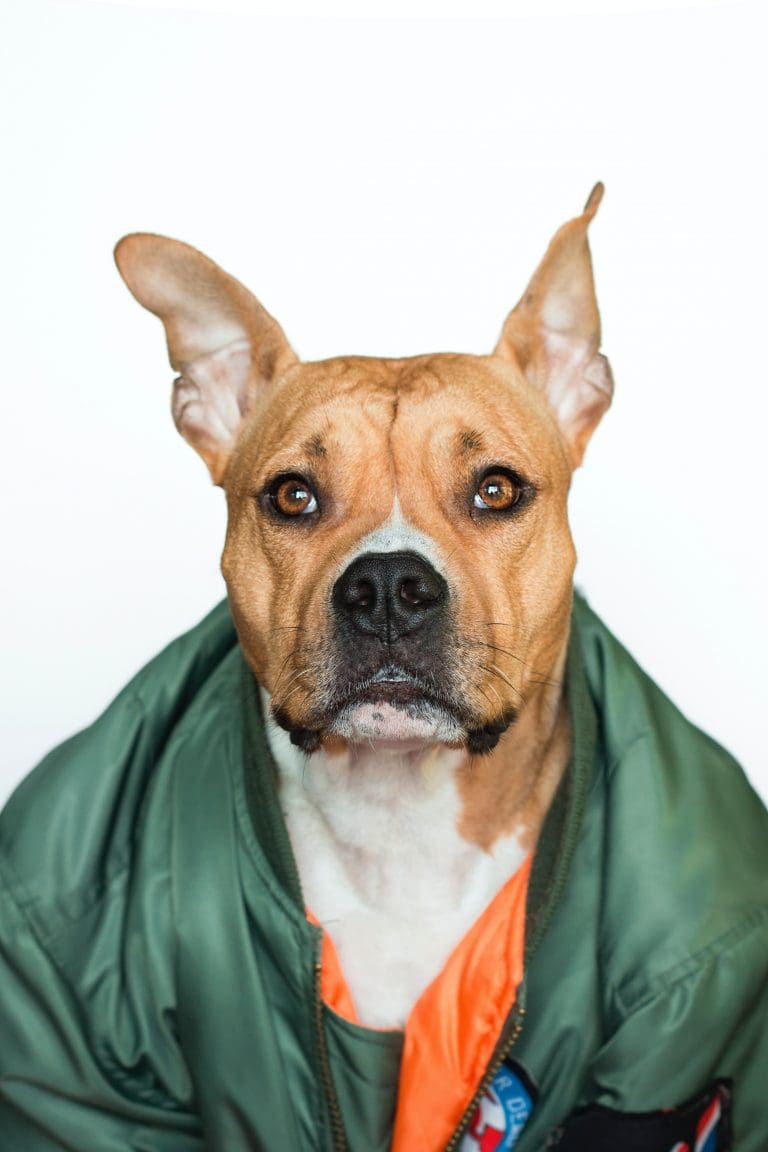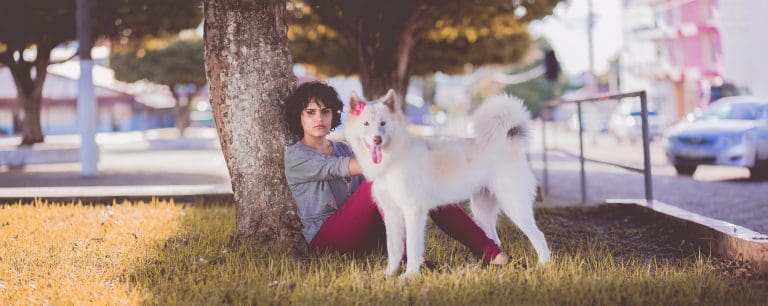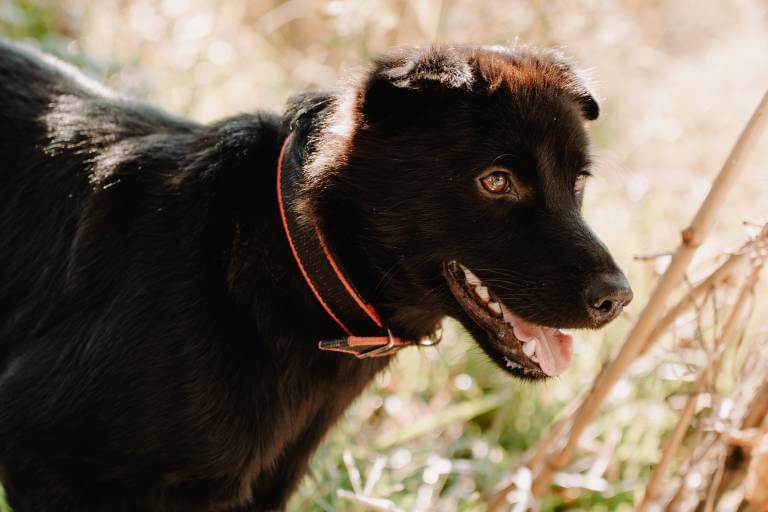How Long Should You Wait Outside For Your Puppy To Pee At Night?
Post Date:
December 10, 2024
(Date Last Modified: December 10, 2024)
Bringing a new puppy home is both thrilling and challenging. One of the primary concerns during the first few weeks is potty training, especially at night when both you and your puppy are adjusting to a new routine. Knowing how long to wait outside for your puppy to pee at night is essential for helping your furry friend learn where and when to relieve themselves.
Understanding Your Puppy’s Needs
Puppies have small bladders and cannot hold their urine for extended periods. Generally, young puppies can hold their pee for about one hour for every month of age. For instance, a two-month-old puppy might hold it for about two hours. However, this can vary depending on the puppy’s size, breed, and overall health. At night, puppies typically sleep soundly but may wake up when they need to go.
Creating a Comfortable Environment
When taking your puppy outside at night, be prepared to stay outside with them for a while. Choose a quiet and familiar spot in your yard to help your puppy feel relaxed. If you appear anxious or impatient, your puppy may sense this and be less inclined to go. Patience is vital.
Optimal Waiting Time
If your puppy does not pee within five to ten minutes, consider bringing them back inside and trying again in about 30 minutes. This approach helps establish a routine, making it easier for them to learn when it’s time to go outside. If your puppy consistently takes longer to pee at night, it may be worth looking into the timing of their last meal and water intake. Puppies should not have access to food or water too close to bedtime to minimize nighttime potty breaks.
Encouraging Positive Behavior
In the early days of potty training, you may find yourself outside for longer than expected. New puppies often get distracted by the sights and sounds of the night. If your puppy seems restless, try to keep their attention focused on the task at hand with a soft, encouraging voice or by gently guiding them to the designated spot.
When your puppy successfully pees outside, praise them enthusiastically. Positive reinforcement is a powerful training tool, helping your puppy associate relieving themselves outside with your praise and the relief that follows.
Dealing with Challenges
If your puppy does not pee after several attempts outside, don’t worry too much. They may be adjusting to their new environment. Nighttime potty training is a process, and each puppy learns at their own pace. If your puppy is consistently unable to pee outside at night, consult your veterinarian to rule out any medical issues.
Keeping Track of Potty Habits
Consider maintaining a journal of your puppy’s bathroom habits to identify patterns and adjust your approach as needed. If you notice they tend to pee at certain times, you can modify their schedule to ensure they have opportunities to relieve themselves before bedtime.
Ensuring a Safe Environment
A well-lit and secure area can help your puppy feel more comfortable outside at night. If your yard is dark, using a flashlight or outdoor lighting can make a difference. Some puppies may be hesitant to go outside in the dark, so a little extra light can ease their fears.
Preparing for Inclement Weather
If you live in an area with inclement weather, prepare your puppy for these conditions. Rain, snow, or cold can deter many dogs, especially young ones. Consider investing in a doggy raincoat if it’s raining, and encourage your puppy to go out quickly with plenty of praise.
Establishing a Routine
Start potty training your puppy as soon as you bring them home. Puppies can learn basic commands and routines from a young age. Consistency is crucial; take your puppy outside at the same times each day to reinforce their routine.
As your puppy matures and becomes accustomed to their schedule, you can gradually extend the time between nighttime potty breaks. By six months to a year old, many puppies can hold their bladder for several hours overnight. During this period, you will also become more attuned to your puppy’s needs and behavior, allowing you to better predict when they need to go outside.
Maintaining a Positive Attitude
Handling late-night puppy potty breaks can be tiring, but staying positive is key. Remember that your puppy is learning, and every successful potty break is a step in the right direction. If you feel frustrated, take a moment to breathe and remind yourself that this phase is temporary. With patience and consistent training, your puppy will quickly learn to go outside for potty breaks.
Fostering Good Habits
In addition to nighttime potty training, establish a solid daytime routine. This includes taking your puppy out first thing in the morning, after meals, and before bedtime. Following this schedule helps your puppy associate specific times with going outside.
As your puppy grows, you may notice changes in their bathroom habits. They might begin to signal when they need to go outside by whining, scratching at the door, or pacing. Pay attention to these signs, as they indicate that your puppy is starting to grasp their potty training routine. At this stage, you can grant them more freedom in the house, though accidents may still happen.
Troubleshooting Issues
If you encounter issues with your puppy’s potty training, such as frequent accidents indoors or reluctance to go outside, consider factors like diet, stress levels, or changes in their environment. Often, small adjustments can lead to significant improvements in behavior.
Creating a Comfortable Sleeping Environment
Ensure your puppy has a comfortable sleeping environment. A crate can be an effective tool for potty training, as dogs naturally avoid soiling their sleeping area. If using a crate, make sure it is appropriately sized; your puppy should be able to stand, turn around, and lie down comfortably. A crate that is too large may encourage them to use one end as a bathroom.
Reinforcing Good Behavior
Continue reinforcing good habits as your puppy learns. Even after they become reliable with potty training, occasional accidents may still occur. If this happens, avoid punishment, as it can create fear and confusion. Instead, focus on thorough cleaning to eliminate odors that may encourage your puppy to return to the same spot.
Building a Strong Bond
Developing a strong bond with your puppy during this training period is crucial. Spend time playing, training, and socializing with them. The more comfortable your puppy feels with you and their environment, the easier it will be for them to relax and go potty outside at night.
The journey of potty training your puppy at night requires patience, consistency, and understanding. By establishing a routine, providing encouragement, and being attentive to your puppy’s needs, you can create a positive experience for both you and your furry friend. As they learn and grow, you’ll notice that nighttime potty breaks become less frequent, allowing your puppy to thrive in their new home. This is just the beginning of a rewarding journey together, filled with love and companionship.






